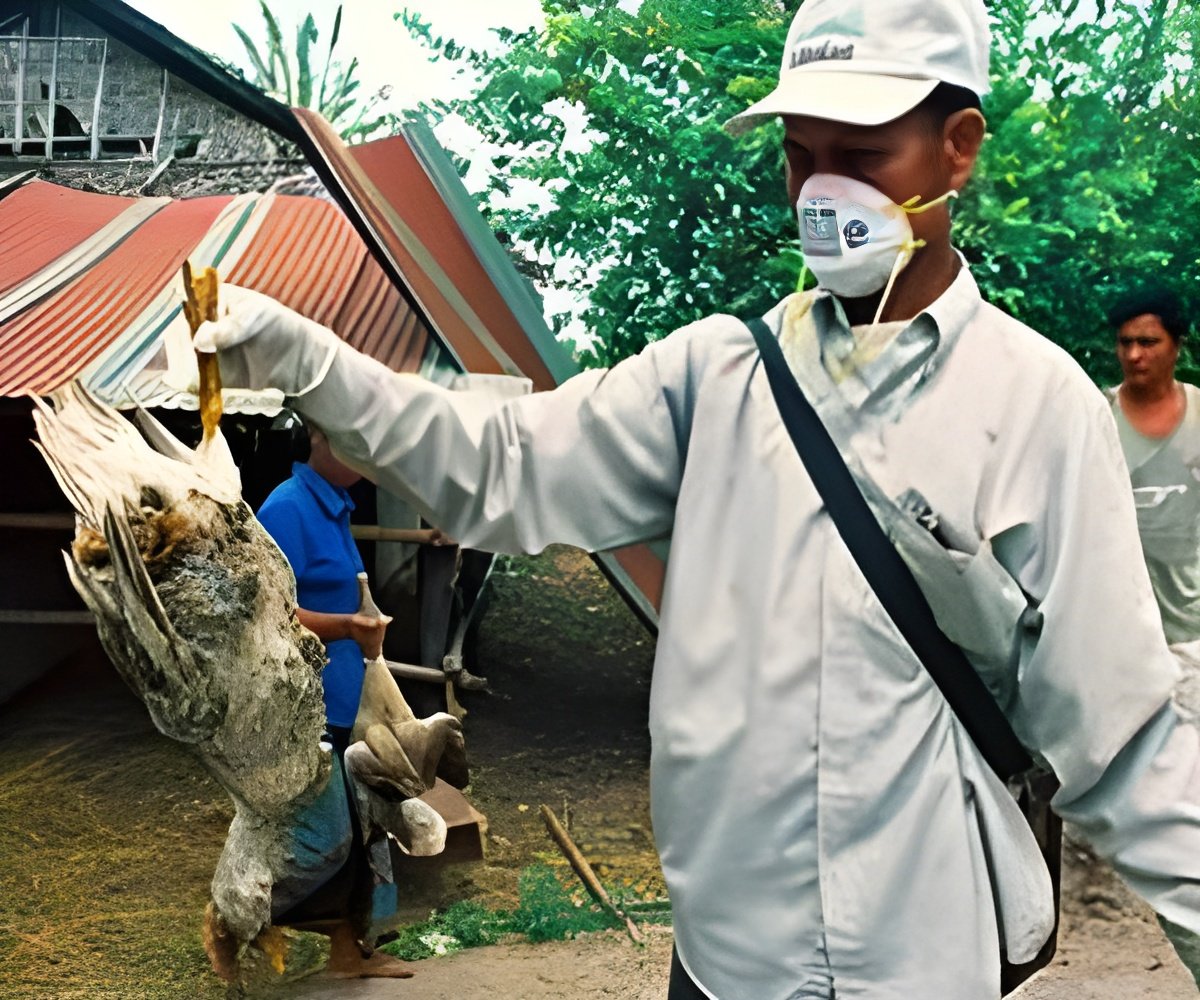
Ten people had previously been diagnosed with H7N9 in Hong Kong, including three who died. All had contracted the virus in mainland China, according to Hong Kong's Centre for Health Protection (CHP).
The outbreak, which first emerged on the mainland in February 2013, has reignited fears that a bird flu virus could mutate to become easily transmissible between people, threatening to trigger a pandemic.
In response to the new case -- the city's first since early 2014 -- Hong Kong announced it was raising its response level in hospitals to "serious" from "alert," with extra precautions implemented in hospitals from Sunday.
The rules include limitations on visiting hours and compulsory surgical masks for those visiting patients.
There are three response levels with "emergency" the most serious. The Hong Kong government reduced the level from "serious" to "alert" in June, after a drop in cases.
Advertisement
She remained in a critical condition in intensive care Sunday, hospital authorities said.
Advertisement
A four-month ban on live poultry imports from mainland China was then imposed to guard against the disease.
Ko said the new response level would not affect the import of poultry for the time being, as "rapid testing" had been introduced to check birds for the disease.
"We will closely monitor the situation... then decide the appropriate measures," he said.
Hong Kong is particularly alert to the spread of viruses after an outbreak of Severe Acute Respiratory Syndrome (SARS) swept through the city in 2003, killing 299 people and infecting around 1,800.
There have been 469 cases of H7N9 in mainland China since 2013, according to Hong Kong's CHP.
Source-AFP






